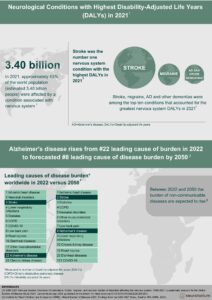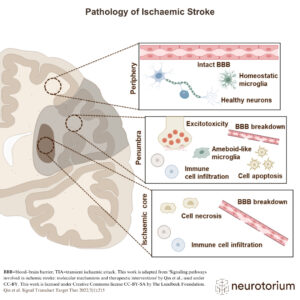The pathology of stroke is complex, often involving many different interrelated arterial and cardiac conditions.1 Identification of the cause of a stroke can be important, because it can dictate the treatment of the stroke and, crucially, inform management strategies to prevent a recurrence.1,2





